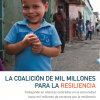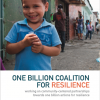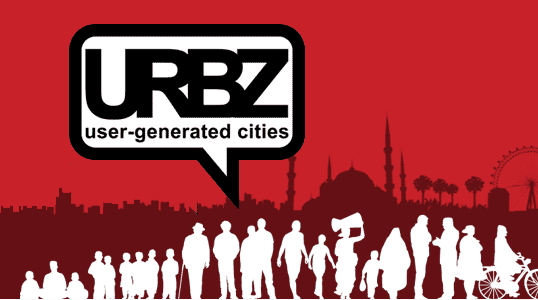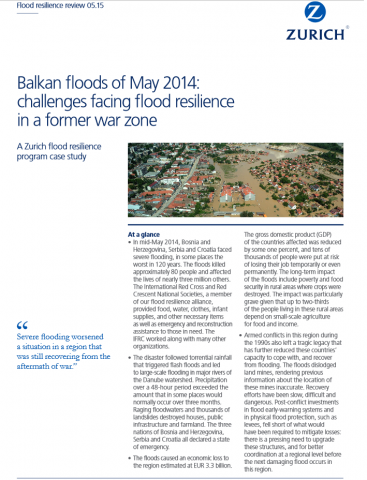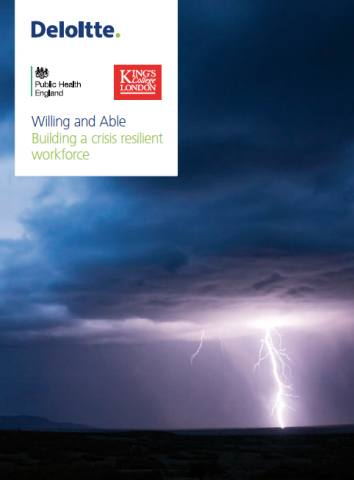Review of Built Infrastructures in Laos
The Luxembourg Red Cross is actively working in Laos with a Shelter project (including WatSan component) in the Khammouane region (Mahaxay and Hinboun districts). The project of the LRC (last planned in this country) focuses on improving the living conditions of the local population through the development of community infrastructures and mechanisms. The project is […]
Review of Built Infrastructures in Laos Read More »

